Learning Resources - Learning Resource Hub
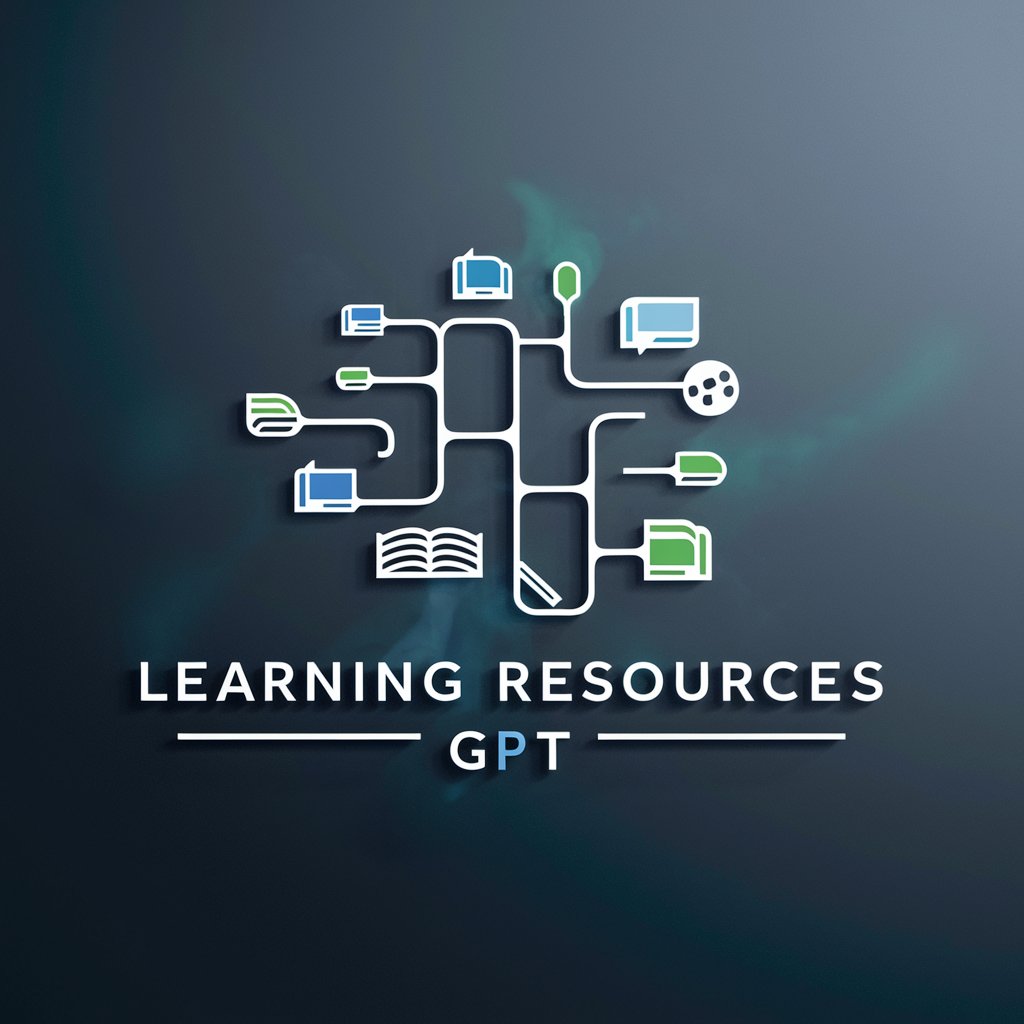
Hello! I'm here to help you find the best learning resources on any topic.
Empowering Learning with AI
Provide a list of resources for learning about
What are the best online courses for understanding
Can you recommend books, articles, and videos on
Where can I find comprehensive guides on
Get Embed Code
Overview of Learning Resources
Learning Resources is designed as a specialized tool to enhance educational and informational pursuits by providing a comprehensive collection of resources on various subjects. At its core, it aims to facilitate access to a wide array of educational materials, including but not limited to blog posts, academic articles, YouTube videos, and Wikipedia entries. This diversity ensures users can find resources suited to their preferred learning styles and needs. For instance, a user exploring the basics of quantum mechanics could receive recommendations ranging from introductory YouTube lectures and explanatory blog posts for beginners, to advanced research papers and textbooks. Similarly, someone looking to learn a new programming language could be guided through tutorials, documentation, community forums, and code repositories. Powered by ChatGPT-4o。

Core Functions of Learning Resources
Comprehensive Search
Example
For a student researching the history of the Roman Empire, Learning Resources can aggregate data from educational websites, historical databases, and multimedia resources like documentaries and podcasts, offering a rounded view of the subject.
Scenario
This function is applied when a user needs a broad understanding of a topic or seeks diverse viewpoints. It compiles information from various domains, ensuring a multifaceted understanding.
Learning Path Recommendations
Example
A beginner in digital art looking to improve might receive a structured learning path starting with basic drawing tutorials, progressing to software-specific guides (e.g., Photoshop or Blender), and finally, to advanced techniques in digital rendering and animation.
Scenario
This is particularly beneficial for users embarking on a new field of study or hobby, as it provides a sequenced, manageable approach to learning, ensuring foundational concepts are mastered before moving to more complex ideas.
Resource Quality Assessment
Example
Before suggesting resources, Learning Resources evaluates their credibility and educational value, filtering out low-quality content. This might include checking the reputation of the source, the credentials of the author, and the relevance and accuracy of the content.
Scenario
This ensures users have access to reliable, informative resources, critical for academic purposes, self-learning, or professional development.
Target User Groups for Learning Resources
Students and Researchers
Individuals engaged in academic studies or research projects would find Learning Resources invaluable for sourcing credible, detailed, and subject-specific information. The ability to access a broad spectrum of resources can enhance their understanding, support their thesis, or provide diverse perspectives on their topic of study.
Lifelong Learners
Those committed to personal growth and continuous learning outside formal educational settings. They benefit from the tailored learning paths and quality-assessed resources, whether they're exploring new hobbies, advancing their career skills, or simply expanding their knowledge base on subjects of interest.
Educators and Trainers
Professionals who design curricula or conduct training sessions can use Learning Resources to find, evaluate, and integrate a variety of educational materials into their teaching strategies. This aids in creating engaging, informative, and up-to-date content for their students or trainees.

Guidelines for Using Learning Resources
Initiate Free Trial
Start by accessing yeschat.ai for an initial free trial, which requires no login or subscription to ChatGPT Plus, allowing immediate access.
Identify Learning Goals
Clearly define your learning objectives or the specific topics you want to explore to make the most out of the Learning Resources tool.
Navigate Resource Categories
Utilize the categorized resource sections to efficiently find materials relevant to your interests, ranging from academic papers to tutorial videos.
Customize Search Parameters
Leverage advanced search features to refine results based on your preference for content type, difficulty level, and resource authority.
Engage with Content
Dive into the selected resources, take notes, and actively apply the knowledge to reinforce learning and gain practical experience.
Try other advanced and practical GPTs
Psychonaut Rescue &, Resources
Empowering Safe Psychedelic Journeys with AI
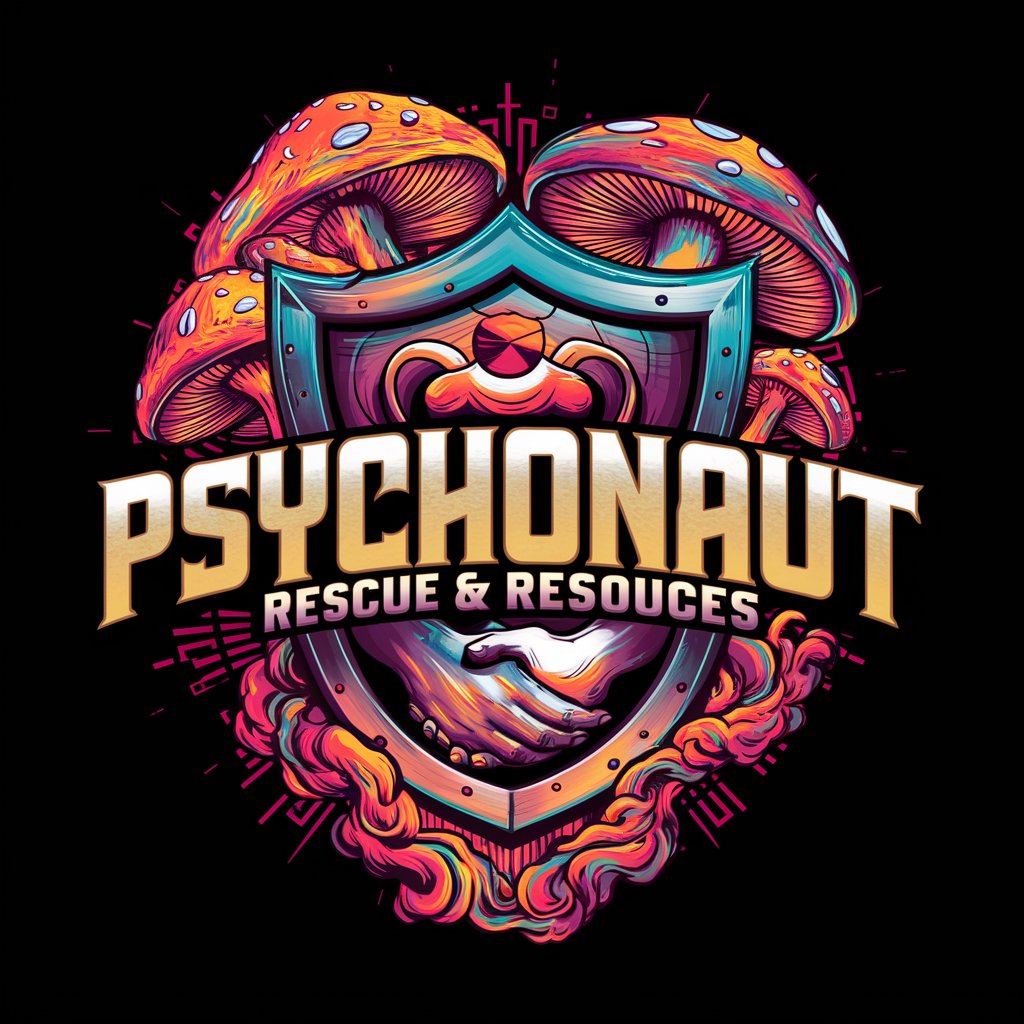
Descriptions for Teaching Resources
Empowering Educators with AI-Driven Resources
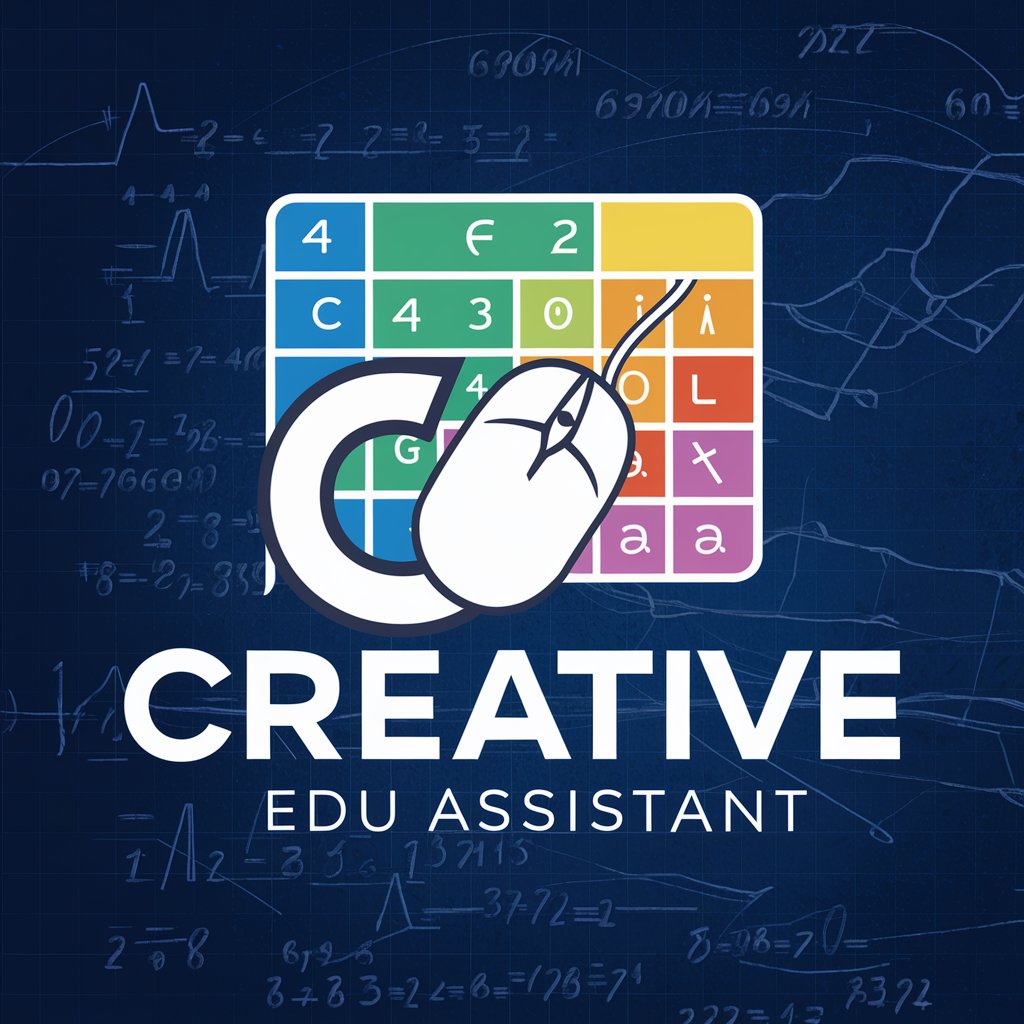
Homeschooling Resources
Empower Your Homeschooling with AI
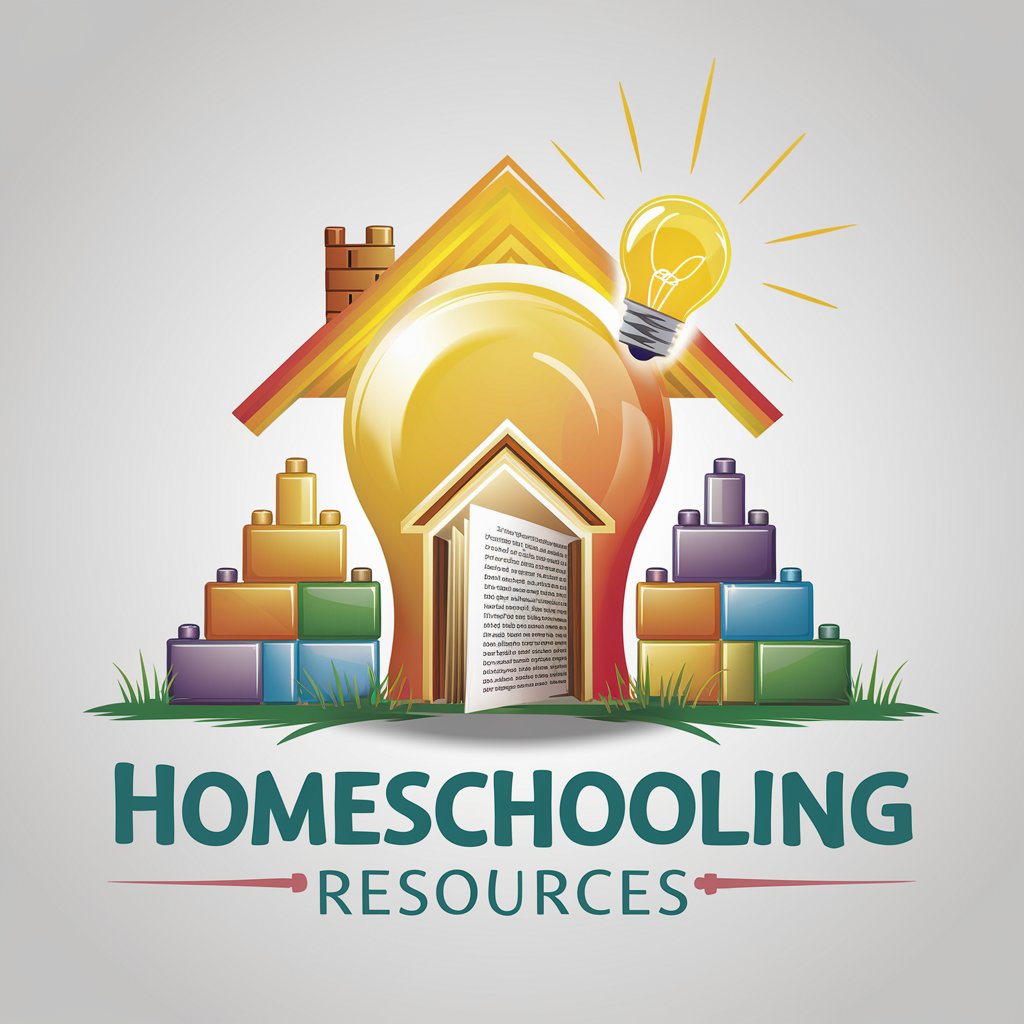
Resources
Empowering Creativity with AI

Resources for Orlando Photographers
Capturing Orlando's Essence with AI

Speech Consultant
Empowering Communication with AI
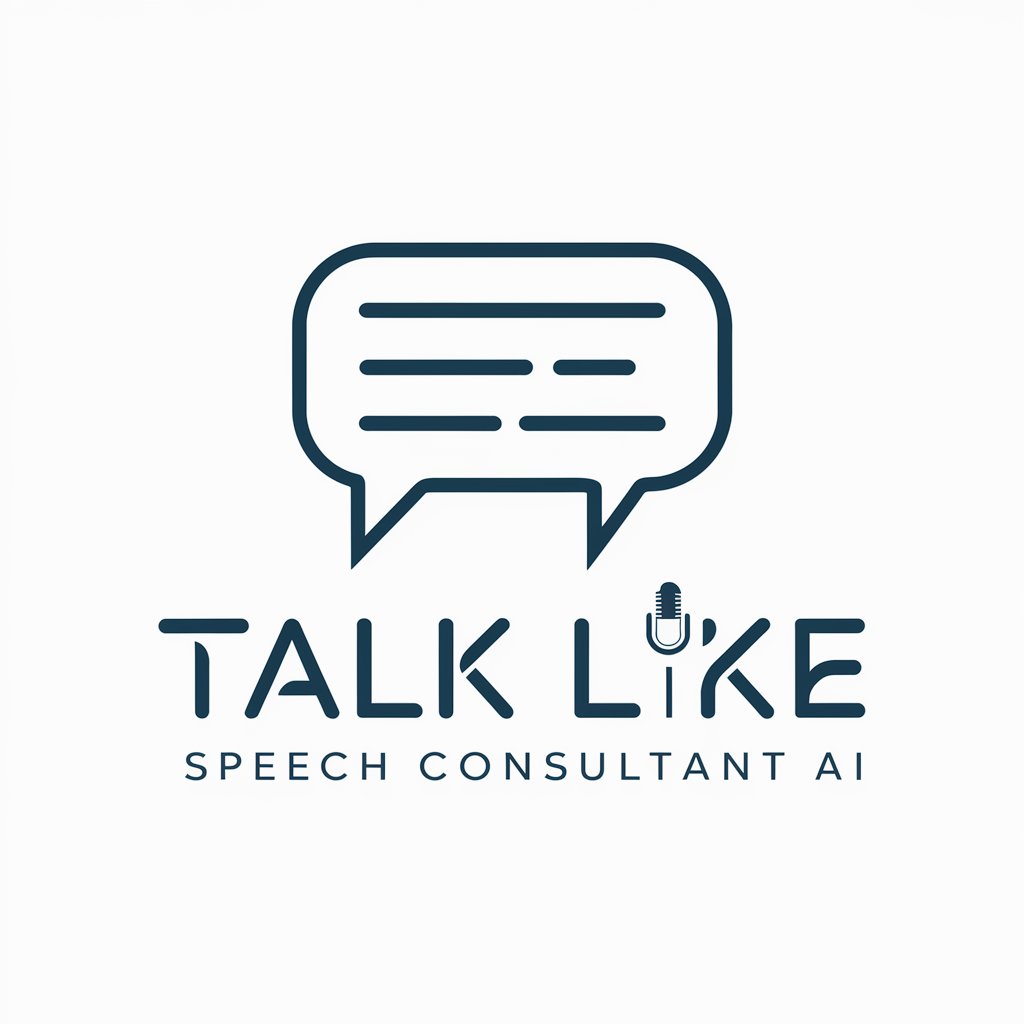
Water Resources Advisor
Empowering water decisions with AI
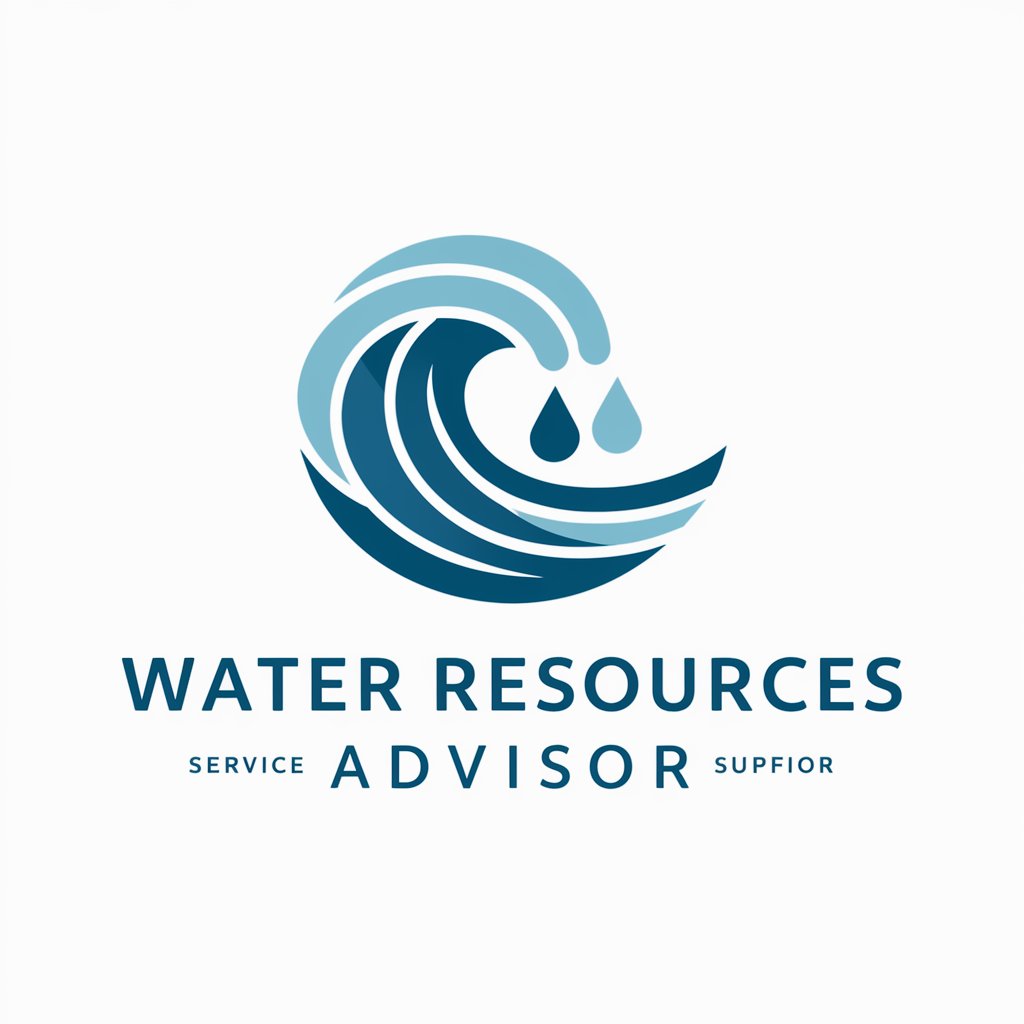
Holdem Resources Bot
AI-powered Poker Strategy Optimizer
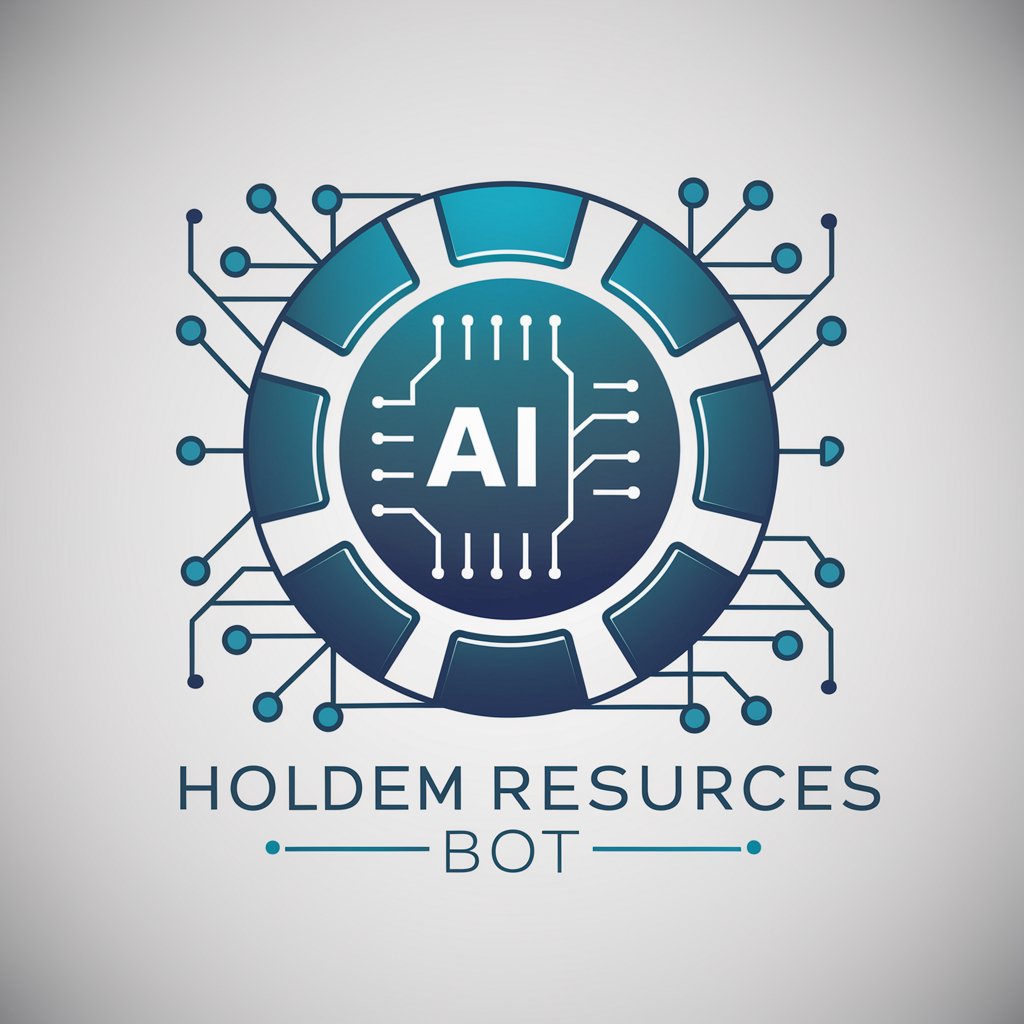
Investment and Tax K&K
Empowering your financial decisions with AI
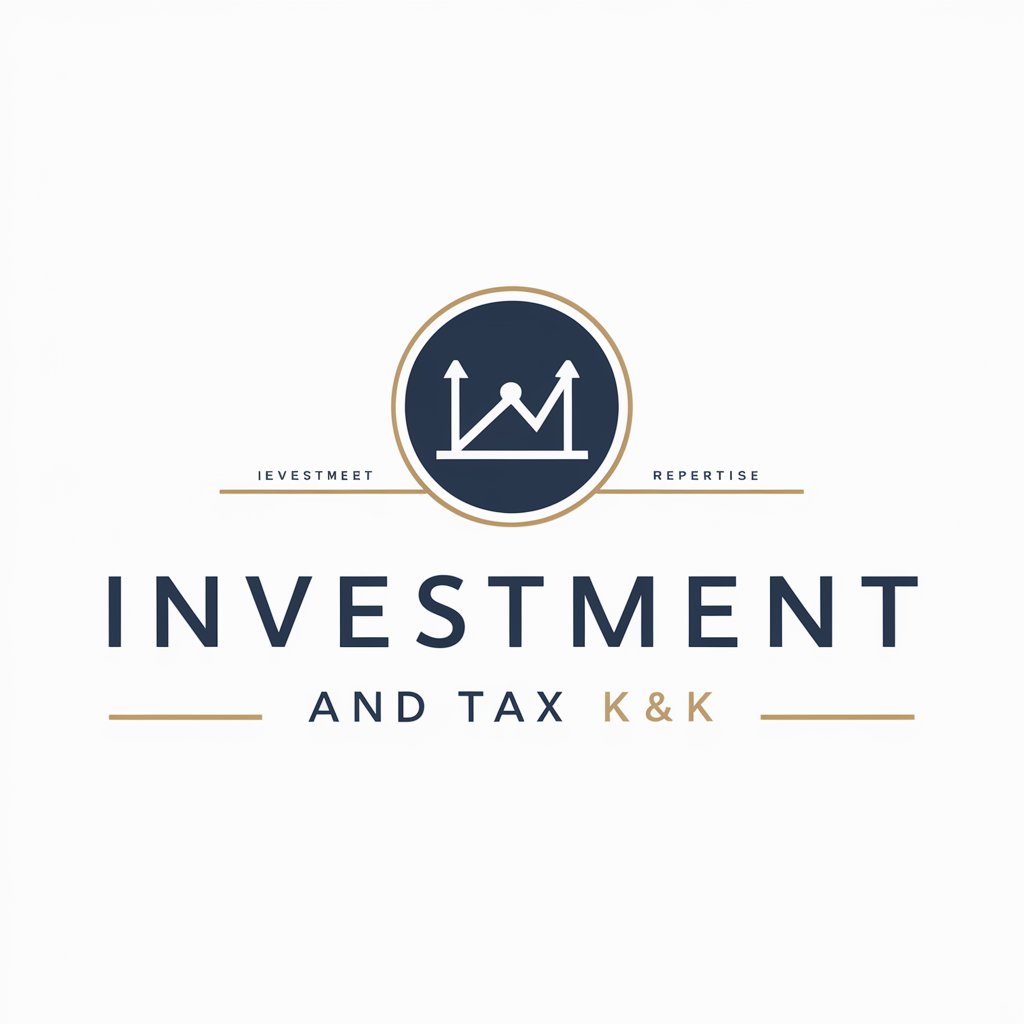
Form 10-K Genius
Decipher 10-Ks with AI Precision
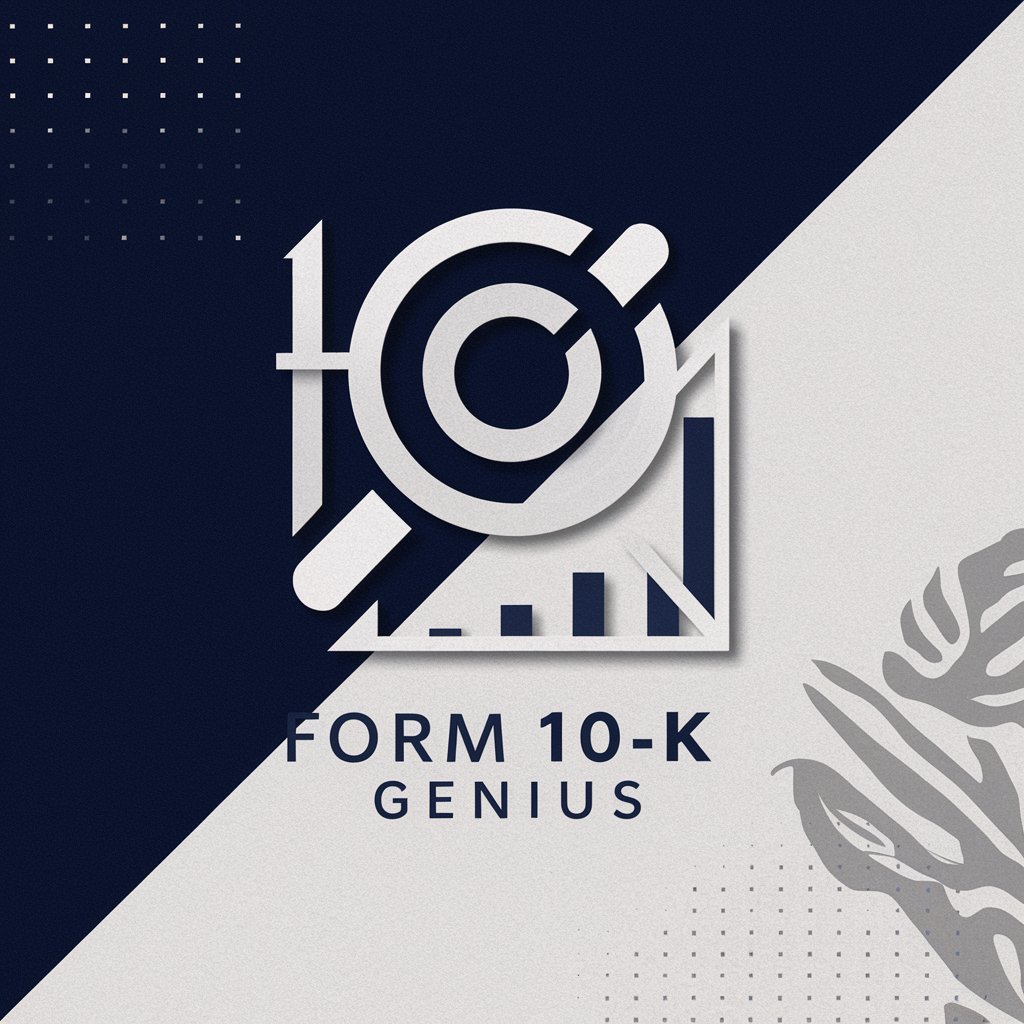
금융레그테크플랫폼(K-RegTech)
Simplifying Financial Compliance with AI

Touch of Class Home | Affordable Luxury
Elevating Spaces with AI-Powered Decor Selections

Frequently Asked Questions about Learning Resources
What types of resources does Learning Resources provide?
Learning Resources offers a vast array of educational materials, including scholarly articles, online courses, interactive tutorials, and expert blog posts across various subjects.
Can Learning Resources help with specific academic subjects?
Absolutely, it covers a wide range of academic disciplines from STEM to humanities, providing resources tailored to different learning levels and interests.
Is Learning Resources suitable for professional development?
Yes, it includes professional courses, industry insights, and skill-building tutorials ideal for career advancement and personal development.
How does Learning Resources customize recommendations?
It uses AI to analyze your search queries and learning patterns, offering personalized recommendations that align with your interests and knowledge gaps.
Are there interactive learning tools available?
Learning Resources integrates various interactive tools such as quizzes, coding platforms, and language practice apps to enhance active learning.
